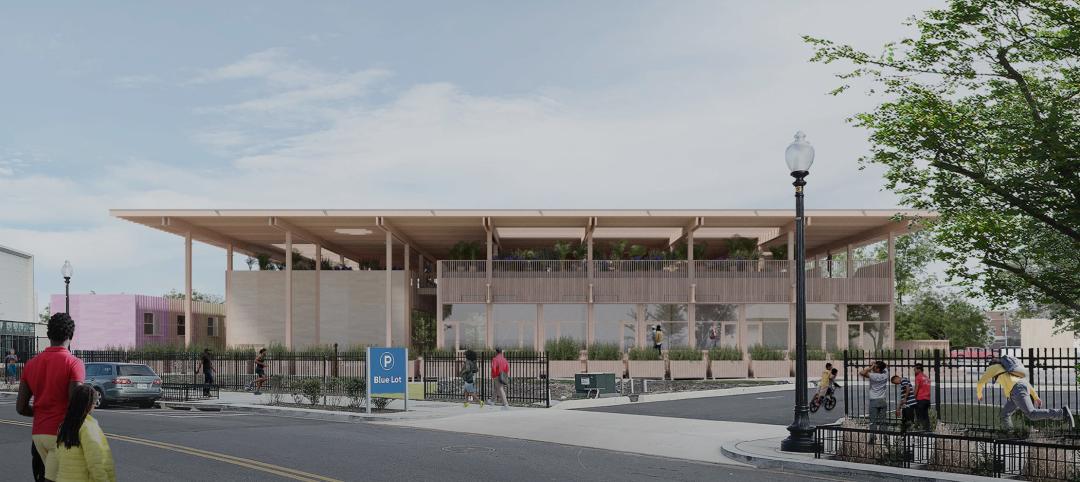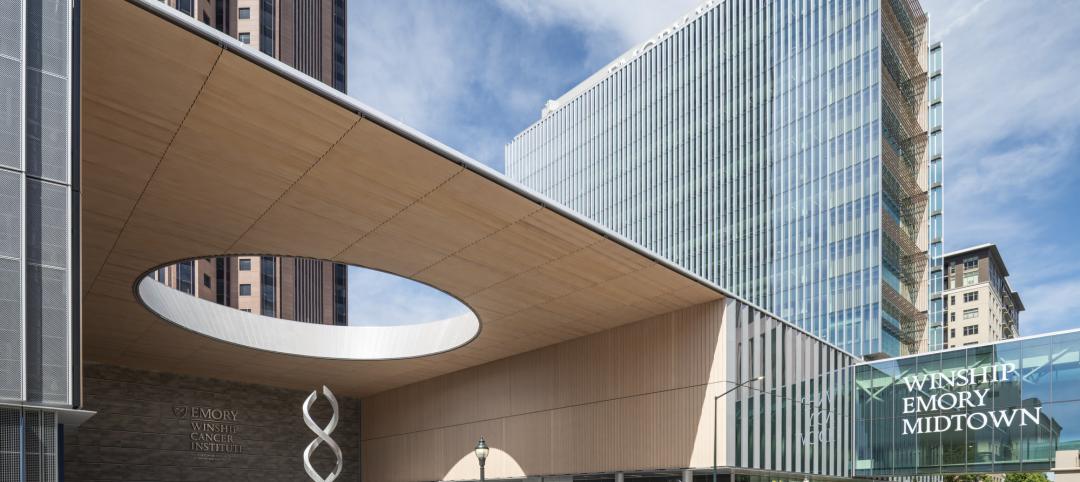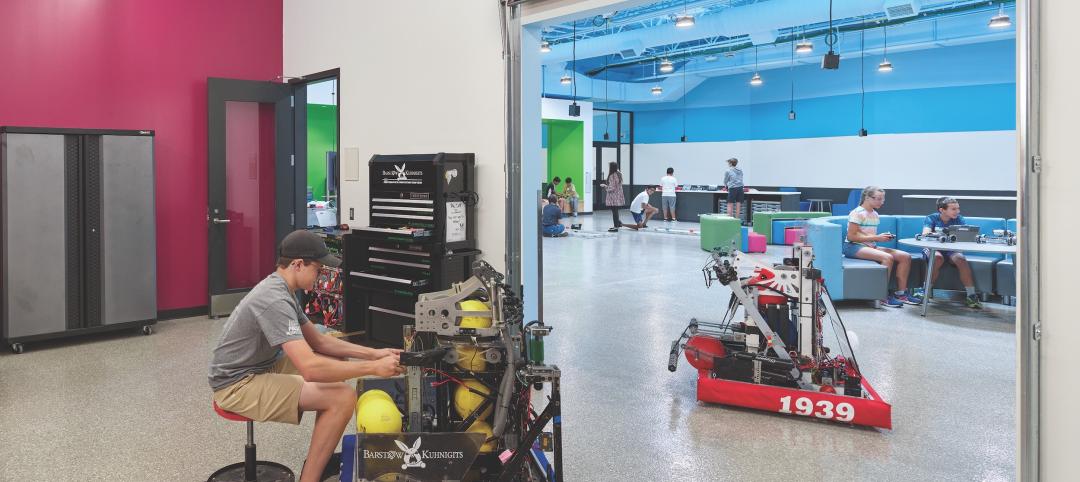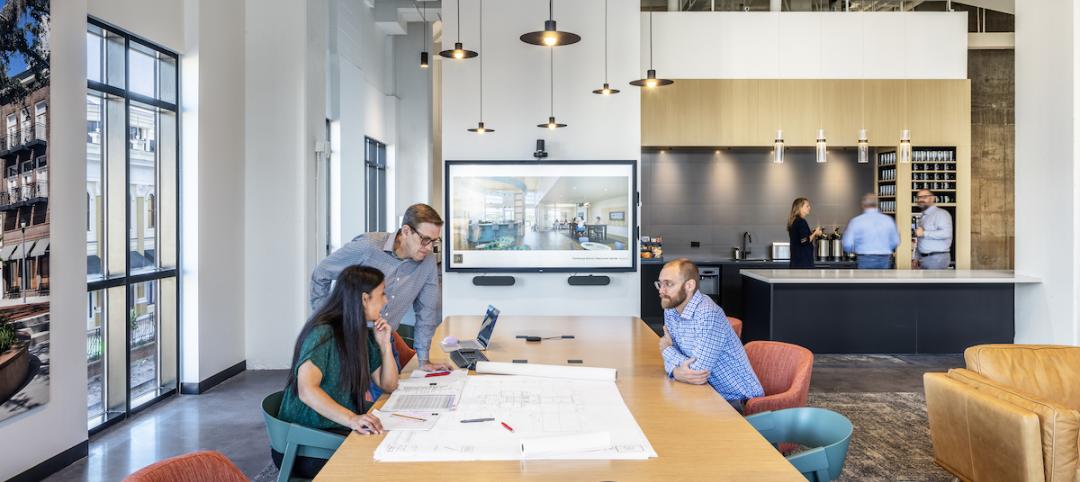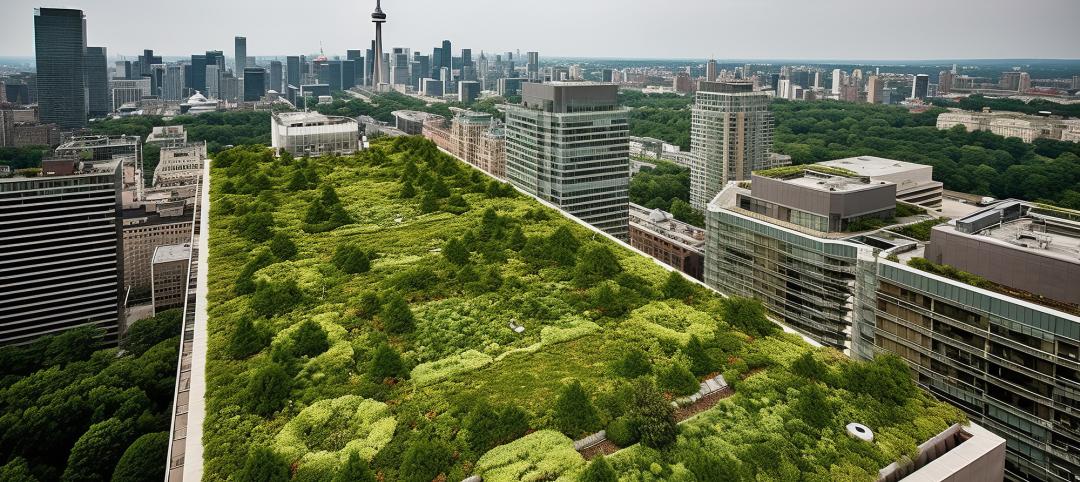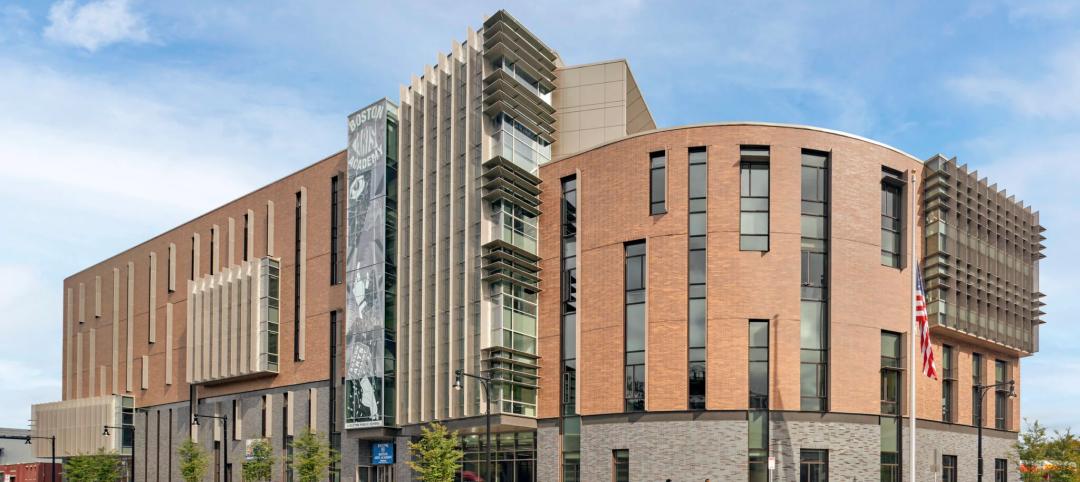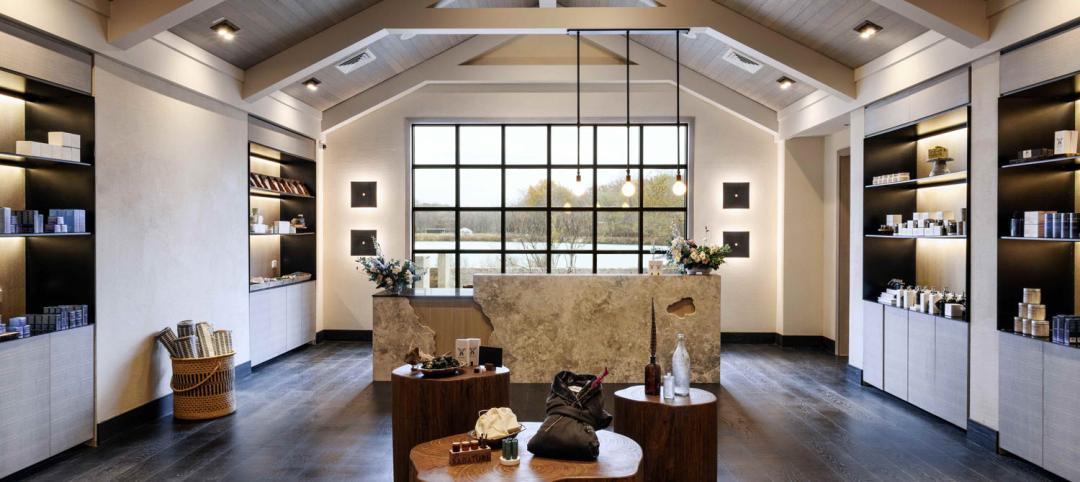Stephen Ayers, FAIA, Architect of the Capitol, has been selected as the 2018 recipient of the Thomas Jefferson Award for Public Architecture. The Thomas Jefferson Award for Public Architecture recognizes architects in the public and private sectors, public officials, or other individuals who design distinguished public facilities and/or who advocate for design excellence. Ayers will be honored at the AIA Conference on Architecture 2018 in New York City.
As the 11th Architect of the Capitol, a position he was appointed to by President Barack Obama in 2010, Ayers cares for the nation’s architectural treasures and uses his prominent voice to advance the profession. His leadership has seen him testify before Congress on more than 50 occasions, where his keen insight on matters of historic preservation, long-range master planning, and sustainability has elevated the discourse on good design to the national level.
A recognized leader in sustainability, Ayers guides more than 2,300 employees and a $600 million budget in the stewardship of some of America’s most important buildings. He oversaw completion of the U.S. Capitol Visitor Center, a project that was well over budget and behind schedule when he was appointed. When he committed to a completion date and final budget — both of which proved to be accurate — Ayers demonstrated to Congress that the country’s architects can lead and deliver. More recently, his restoration of the Capitol dome and rotunda repaired more than 1,000 cracks and deficiencies in the structure.
Ayers has received several design awards from the AIA for his restorations of the Thomas Jefferson Building and U.S. Botanic Garden Conservatory, among others, and initiated and oversaw a comprehensive master plan for the U.S. Capitol complex. The plan was developed concurrently with one for the National Mall, and encompassed the House of Representatives, Senate, Library of Congress, and Supreme Court. His widely recognized sustainability initiative for the Capitol Complex has resulted in a 30 percent reduction in energy consumption across the campus, with a further 20 percent reduction on the horizon. As the voice of the profession at the highest levels of government, Ayers’ commitment to the past and concern for the future enhance projects nationwide.
Learn more about Ayers here: https://www.aia.org/showcases/173916-stephen-ayers-faia
The jury for the 2018 Thomas Jefferson Award includes: Rik Master, FAIA (Chair), USG Corporation; Patrick Burke, FAIA, Columbia University; Lindsey Graff, Assoc. AIA, Ayers Saint Gross Architects; Libby Haslam, AIA, GSBS Architects; and R. Steven Lewis, FAIA, TRC Energy Services.
Related Stories
Retail Centers | Jun 2, 2023
David Adjaye-designed mass timber structure will be a business incubator for D.C.-area entrepreneurs
Construction was recently completed on The Retail Village at Sycamore & Oak, a 22,000-sf building that will serve as a business incubator for entrepreneurs, including emerging black businesses, in Washington, D.C. The facility, designed by Sir David Adjaye, the architect of the National Museum of African American History and Culture, is expected to attract retail and food concepts that originated in the community.
Mixed-Use | Jun 1, 2023
The Moore Building, a 16-story office and retail development, opens in Nashville’s Music Row district
Named after Elvis Presley’s onetime guitarist, The Moore Building, a 16-story office building with ground-floor retail space, has opened in Nashville’s Music Row district. Developed by Portman and Creed Investment Company and designed by Gresham Smith, The Moore Building offers 236,000 sf of office space and 8,500 sf of ground-floor retail.
Healthcare Facilities | Jun 1, 2023
High-rise cancer center delivers new model for oncology care
Atlanta’s 17-story Winship Cancer Institute at Emory Midtown features two-story communities that organize cancer care into one-stop destinations. Designed by Skidmore, Owings & Merrill (SOM) and May Architecture, the facility includes comprehensive oncology facilities—including inpatient beds, surgical capacity, infusion treatment, outpatient clinics, diagnostic imaging, linear accelerators, and areas for wellness, rehabilitation, and clinical research.
K-12 Schools | May 30, 2023
K-12 school sector trends for 2023
Budgeting and political pressures aside, the K-12 school building sector continues to evolve. Security remains a primary objective, as does offering students more varied career options.
Multifamily Housing | May 30, 2023
Boston’s new stretch code requires new multifamily structures to meet Passive House building requirements
Phius certifications are expected to become more common as states and cities boost green building standards. The City of Boston recently adopted Massachusetts’s so-called opt-in building code, a set of sustainability standards that goes beyond the standard state code.
Architects | May 30, 2023
LRK opens office in Orlando to grow its presence in Florida
LRK, a nationally recognized architectural, planning, and interior design firm, has opened its new office in downtown Orlando, Fla.
Urban Planning | May 25, 2023
4 considerations for increasing biodiversity in construction projects
As climate change is linked with biodiversity depletion, fostering biodiverse landscapes during construction can create benefits beyond the immediate surroundings of the project.
K-12 Schools | May 25, 2023
From net zero to net positive in K-12 schools
Perkins Eastman’s pursuit of healthy, net positive schools goes beyond environmental health; it targets all who work, teach, and learn inside them.
Contractors | May 24, 2023
The average U.S. contractor has 8.9 months worth of construction work in the pipeline, as of April 2023
Contractor backlogs climbed slightly in April, from a seven-month low the previous month, according to Associated Builders and Contractors.
Mass Timber | May 23, 2023
Luxury farm resort uses CLT framing and geothermal system to boost sustainability
Construction was recently completed on a 325-acre luxury farm resort in Franklin, Tenn., that is dedicated to agricultural innovation and sustainable, productive land use. With sustainability a key goal, The Inn and Spa at Southall was built with cross-laminated and heavy timber, and a geothermal variant refrigerant flow (VRF) heating and cooling system.



